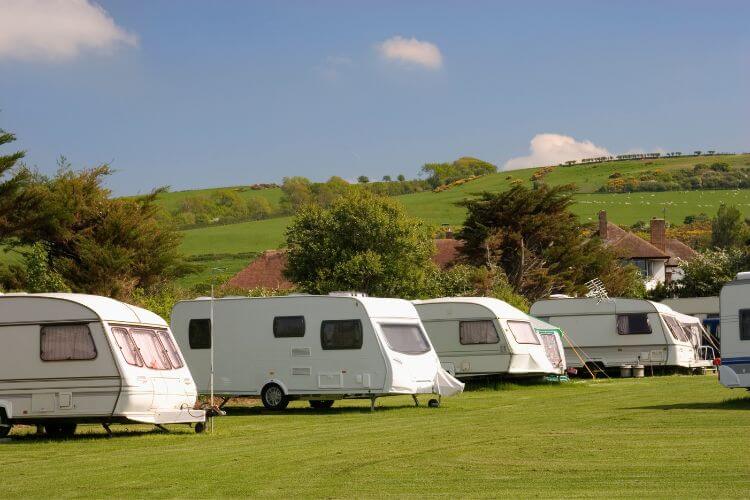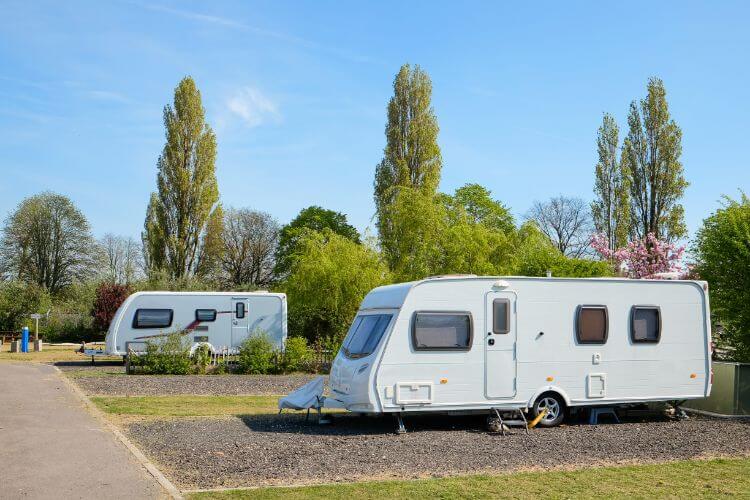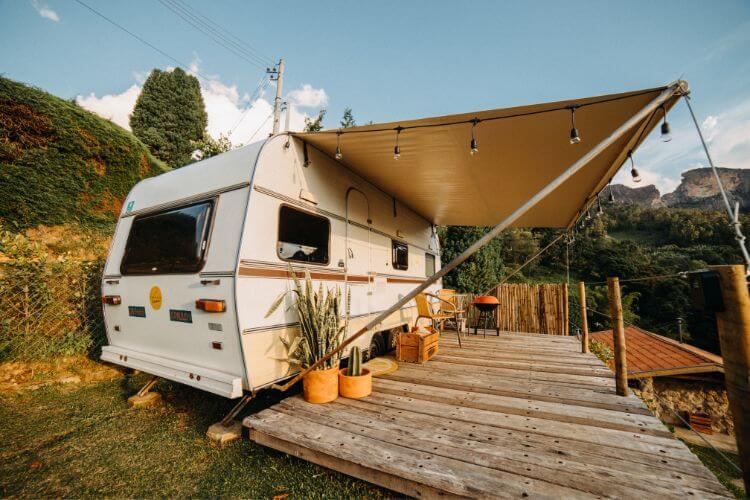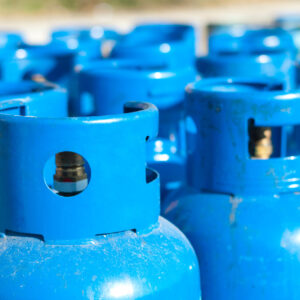Driving in a house on wheels may seemingly have a negative impact on the environment. But if we consider the bigger picture, it is still considerably less when we compare it with even the modest conventional lifestyle. This article describes how you can have an environment-friendly lifestyle while living in a van.
Is Van Life Bad For The Environment?
Most people associate living in a van with having a minimalist lifestyle. While for many, the main purpose of living in a van is to enjoy an adventurous and carefree lifestyle, over time, people have begun to realise the benefit of sustainability that one can leverage while living in a van.
Many individuals living in the van choose this lifestyle to be minimalistic and have zero waste. However, the eco benefits of this life are not just limited to the limited use of worldly goods. In simple words, the smaller the house, the lesser the carbon footprint will be.
At the same time, some aspects of this lifestyle are anything but eco-friendly if not done correctly.
Let’s look at some ways; living in the van can benefit the environment and how you can play your part in this regard.
Less energy consumption
Firstly, van lifers prefer to go to places where the weather is friendlier. This implies spending less money on cooling or heating in comparison to an average household. Most vans are insulated to cope with colder temperatures and have good ventilation to deal with warm weather. At the same time, the trend of using solar panels has increased considerably in recent years.
Solar power is the most cost-effective and convenient way to provide for the power needs of any off-grid campervan.
Conscious buying

Over-consumption is one of the biggest contributors to global warming and pollution. Even if you have the urge to indulge when shopping, van life may alter your shopping habits, given the limited space.
Impulse buying takes a backseat, and conscious buying and smart use of space take precedence. It is hard to accumulate things when you have nowhere to put them. Hence spatial scarcity makes you a conscious consumer who not only spends wisely but also leaves less carbon footprint.
Reduced wastage
When you become a conscious customer and consume less, you also waste less. Just like van life does not allow you to hoard and store extra stuff you do not need urgently, you will also have less trash to throw away.
Many van lifers try to follow the zero-waste grocery shopping rule and buy bulk alternatives where possible, for instance, rice, legumes, nuts, dried fruits, and spices. This way, they can save plastic containers from going to waste. While it may not be possible to have a zero-waste lifestyle, van life encourages people to adopt many environment-friendly alternatives.
Less water wastage
One of the biggest challenges of van life is conserving water. Running out of water, where you may not have access to it, can be very inconvenient. However, the limited van space allows you to store only limited water. Similarly, refilling water frequently can also be inconvenient.
People moving in vans are conscious about their water consumption and use less water daily. While the average person in the UK uses around 142 litres, van lifers use much less. To be mindful of water usage, you can go the extra step and use a manual water pump instead of an electrical one to control the water flow.
Less emission of chemicals
Living in the van is like having a never-ending camping expedition. Van lifers are exposed to fewer chemicals, and when they are not on the road, they prefer staying outdoors and enjoying the fresh air.
At the same time, limited consumerism also reduces chemical exposure, for instance, less use of makeup and other chemical-ridden products. You can switch to plastic or paraben-free products, for instance, biodegradable dish soaps, and be mindful of where you dump water to play your part in reducing the impact on the environment.
Following the leave-no-trace policy
Van lifers are encouraged to follow the leave no trace principle, which is an honour code for most. It keeps the parking sites trash-free and pleasant for others to use. Most sites where people leave trash often close down for overnight campers. Hence, cleaning up a site when you leave is important so that the next person enjoys their time in a clean place, and the place stays open for vans to park.

How can I live sustainably in a van?
Van life is more sustainable and eco-friendly than conventional living. However, it can have an impact on the environment depending on your lifestyle choices. To live more sustainably, you may need to adopt a few measures; for instance, using a van that is built along the lines of eco-friendly principles and leaves a smaller carbon footprint.
Similarly, you can reduce water consumption and power your van with solar panels to have renewable energy. You must also follow the principle of staying longer and moving less to reduce your fuel consumption. Moreover, having a proper toilet is also important for sustainability.
How can I reduce trash while living in the van?
If you want to reduce your waste to be an environment-friendly van lifer, you can begin by buying fewer packaged items. Use reusable bags and buy from bulk bins. You can also use reusable storage products like mason jars, Ziploc bags, beeswax wraps, etc.
Avoid using disposable containers, cutlery, mugs, and crockery, and use cloth napkins instead of paper towels to reduce trash. Finally, you must also buy and consume consciously to reduce your waste.



